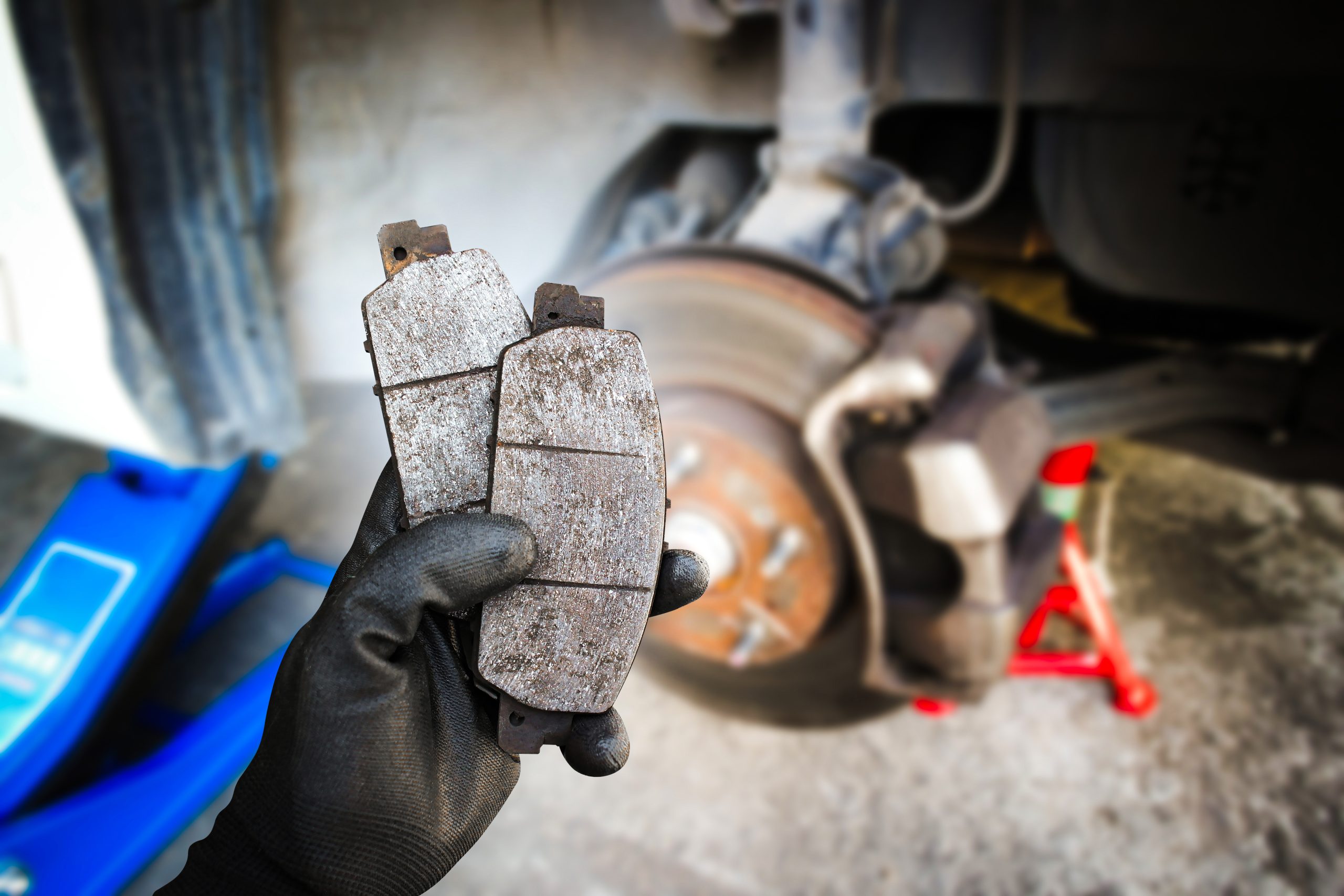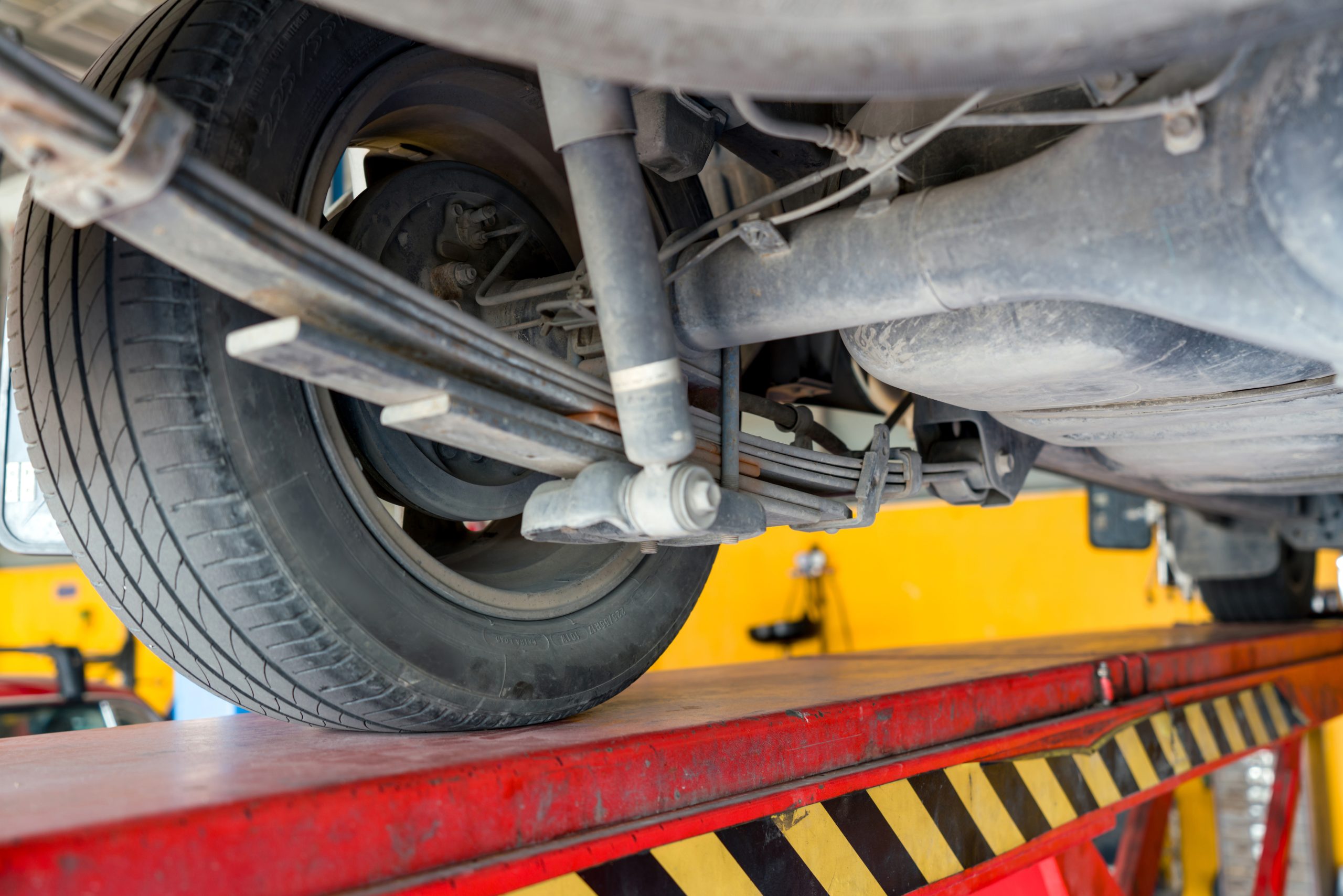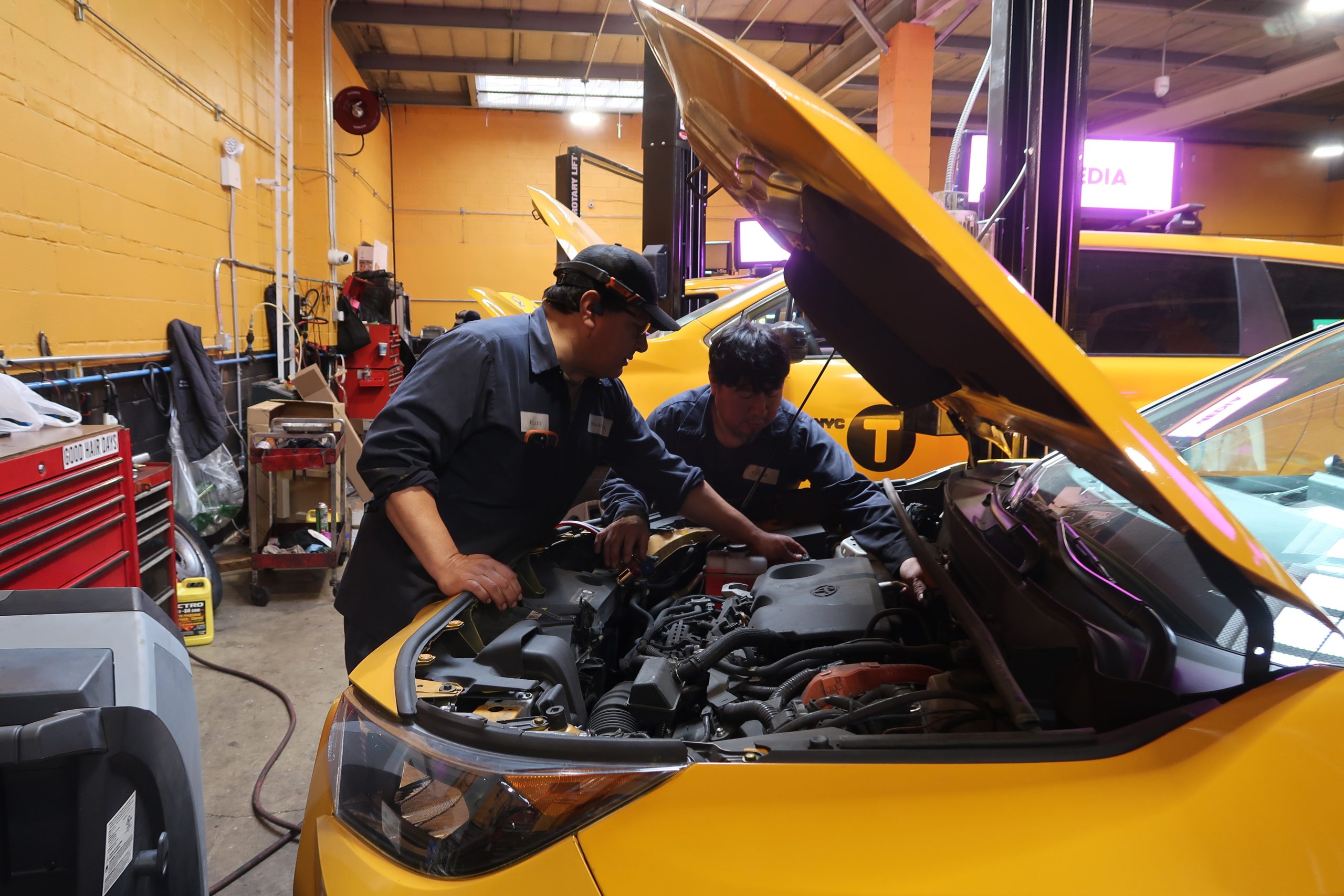Vehicle tune-up services in Woodside, NY
A tune-up is a comprehensive maintenance service performed on a vehicle to ensure optimal performance, fuel efficiency, and reliability. Specific tasks involved in a tune-up can vary depending on the vehicle’s make, model, age, and condition.
Common components of a tune-up
- Spark Plug Replacement: The technician will inspect the spark plugs for wear, fouling, or damage and replace them if necessary. Spark plugs play a crucial role in igniting the air-fuel mixture in the engine’s cylinders, so worn or faulty spark plugs can lead to misfires, rough idling, and reduced fuel efficiency.
- Ignition System Inspection: In addition to spark plugs, the technician will inspect other components of the ignition system, such as ignition coils, ignition wires or boots, distributor cap and rotor (if applicable), and ignition timing. They’ll ensure that the ignition system is operating correctly to provide reliable engine performance.
- Fuel System Cleaning: The technician may perform a fuel system cleaning to remove carbon deposits and other contaminants from the fuel injectors, throttle body, intake manifold, and combustion chambers. This can improve fuel atomization, engine efficiency, and throttle response.
- Air Filter Replacement: The air filter prevents dirt, dust, and debris from entering the engine’s intake system. A dirty or clogged air filter can restrict airflow, leading to reduced engine performance and fuel efficiency. The technician will inspect the air filter and replace it if necessary.
- PCV Valve Replacement: The Positive Crankcase Ventilation (PCV) valve helps regulate the flow of crankcase gases to prevent pressure buildup and oil contamination. A faulty PCV valve can lead to engine performance issues and increased emissions. The technician will inspect and replace the PCV valve if needed.
- Throttle Body Cleaning: The throttle body controls the amount of air entering the engine. Over time, carbon deposits can accumulate on the throttle body, affecting airflow and engine performance. The technician may clean the throttle body to ensure proper operation.
- Fluid Checks and Top-Offs: The technician will check the levels and condition of essential fluids, including engine oil, transmission fluid, coolant, brake fluid, power steering fluid, and windshield washer fluid. They’ll top off any fluids that are low and recommend changing fluids that are dirty or degraded.
- Belt and Hose Inspection: The technician will inspect the condition of drive belts, such as the serpentine belt, timing belt, and accessory belts, as well as coolant hoses, vacuum hoses, and fuel lines. They’ll look for signs of wear, cracking, or damage and recommend replacement if necessary.
- Battery Inspection: The technician will inspect the battery terminals and cables for corrosion, tightness, and proper connection. They’ll also check the battery’s voltage and perform a load test to ensure it’s in good condition.
- Diagnostic Scans: Depending on the vehicle’s age and complexity, the technician may perform diagnostic scans to check for any stored error codes in the vehicle’s computer system and address any issues identified.
Why it matters
A tune-up can help keep your vehicle running smoothly, efficiently, and reliably. It’s generally recommended to have a tune-up performed every 20,000 to 40,000 miles, depending on the vehicle and manufacturer recommendations. Regular tune-ups can help prevent breakdowns, extend the life of your vehicle, and save you money on repairs and fuel costs in the long run.





